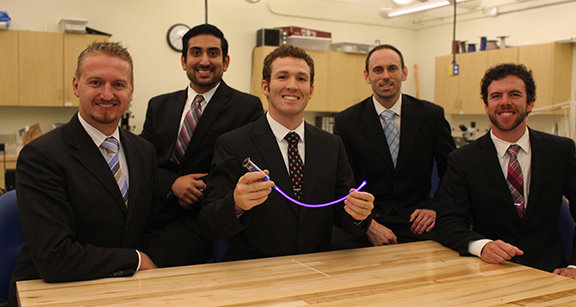

What kind of a change agent are you?

10 ALGORITHMS THAT ARE CHANGING HEALTH CARE
On-call Resource for Medically Fragile Kids Improves Care, Saves $116M
Changing the Research Paradigm: Utah Scientists Launch Patient-Powered Air Pollution and Asthma Tracking Study
Escaping 'Undiagnosed Island'
Diagnostic Errors Carry a Steep Price
Transparency: A Path to Defining Quality Health Care
Final Days, or Dawn of a New Age for Academic Medicine?
Trending in Health Care: Twitter as a Research Tool
When did computers and engineering become something that men do?
Academic Medicine: The Heart and Soul of Health Care, Today and Tomorrow
Business Strategist as Coach: Michael Porter on Building Health Care Champions


